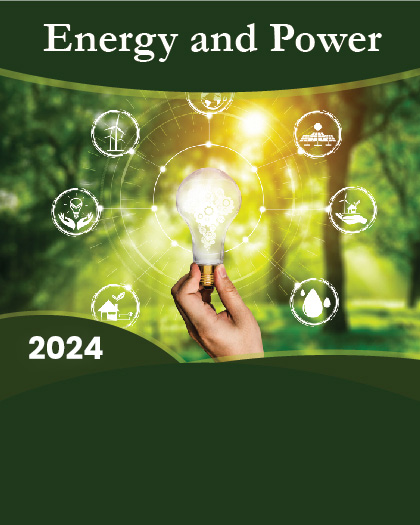
Waste Heat to Power (WHP) is the process of recovering waste heat and using it to generate power with no combustion and no emissions. WHP systems use the same technologies deployed in a number of industries, including the geothermal industry. Anywhere there is an industrial process that involves transforming raw materials into useful products steel mills, paper plants, refineries, chemical plants, oil and gas pipelines, and general manufacturing heat is wasted as a byproduct. This waste heat is produced whenever the operation is running, often 24 hours a day, seven days a week, 365 days a year. If not recovered for reuse as lower temperature process heat or to produce emission-free power, the heat will dissipate into the atmosphere, a wasted opportunity.
This report elaborates the market size, market characteristics, and market growth of the Waste Heat to Power industry, and breaks down according to the type, application, and consumption area of Waste Heat to Power. The report also conducted a PESTEL analysis of the industry to study the main influencing factors and entry barriers of the industry.
In Chapter 3.4 of the report, the impact of the COVID-19 outbreak on the industry was fully assessed. Fully risk assessment and industry recommendations were made for Waste Heat to Power in a special period. This chapter also compares the markets of Pre COVID-19 and Post COVID-19.
In addition, chapters 8-12 consider the impact of COVID-19 on the regional economy.
Key players in the global Waste Heat to Power market covered in Chapter 13:
Ormat
Cyplan
Enogia SAS
AQYLON
Echogen
Thermax
Kalina power
Siemens
Mitsubishi
Triogen
ABB
ElectraTherm
Amec Foster Wheeler
In Chapter 6, on the basis of types, the Waste Heat to Power market from 2015 to 2025 is primarily split into:
Steam Rankine Cycle
Organic Rankine Cycle
Kalina Cycle
In Chapter 7, on the basis of applications, the Waste Heat to Power market from 2015 to 2025 covers:
Petroleum Refining
Cement
Heavy Metal
Chemical
Paper
Food & Beverage
Glass
Geographically, the detailed analysis of production, trade of the following countries is covered in Chapter 4.2, 5:
United States
Europe
China
Japan
India
Geographically, the detailed analysis of consumption, revenue, market share and growth rate of the following regions are covered in Chapter 8, 9, 10, 11, 12:
North America (Covered in Chapter 8)
United States
Canada
Mexico
Europe (Covered in Chapter 9)
Germany
UK
France
Italy
Spain
Others
Asia-Pacific (Covered in Chapter 10)
China
Japan
India
South Korea
Southeast Asia
Others
Middle East and Africa (Covered in Chapter 11)
Saudi Arabia
UAE
South Africa
Others
South America (Covered in Chapter 12)
Brazil
Others
Years considered for this report:
Historical Years: 2015-2019
Base Year: 2019
Estimated Year: 2020
Forecast Period: 2020-2025
























